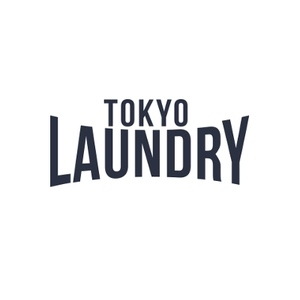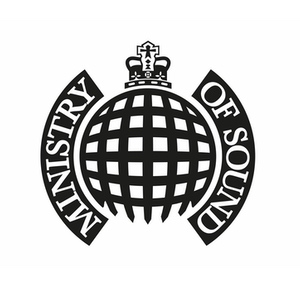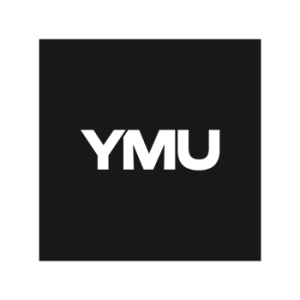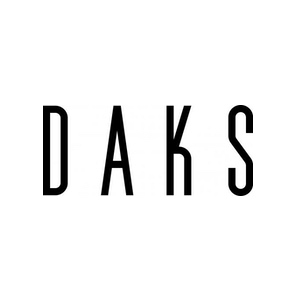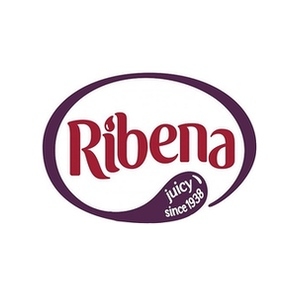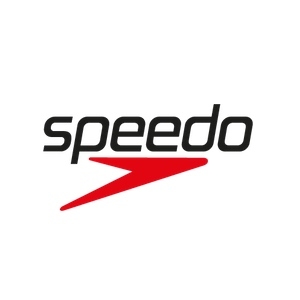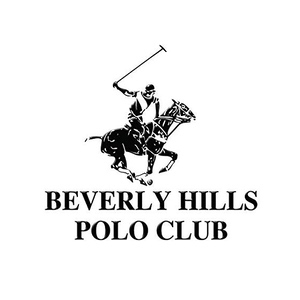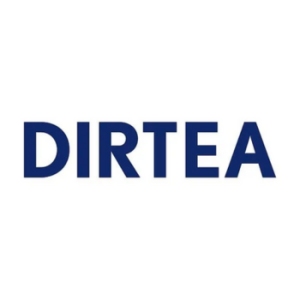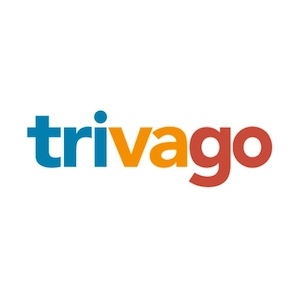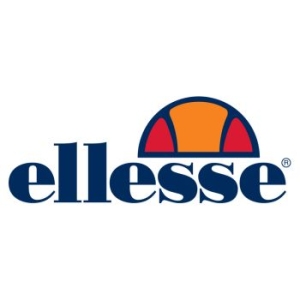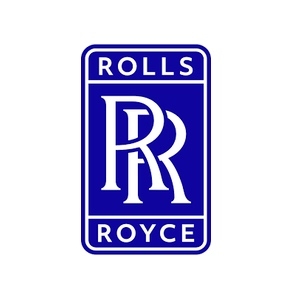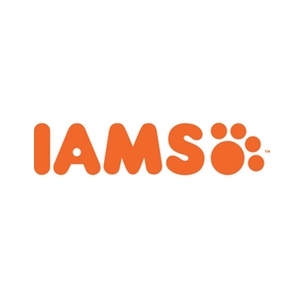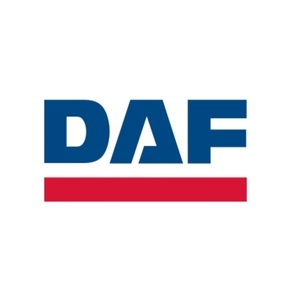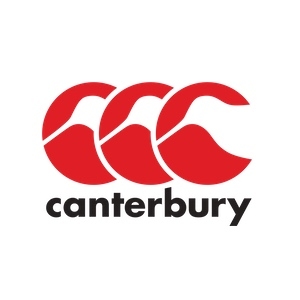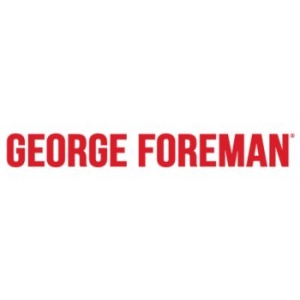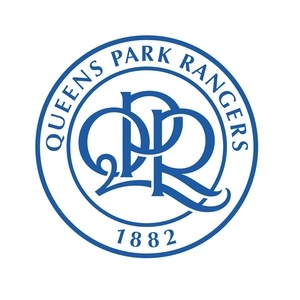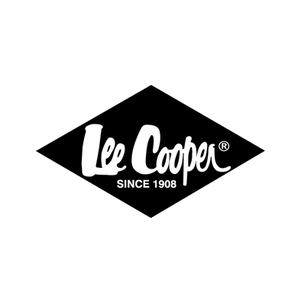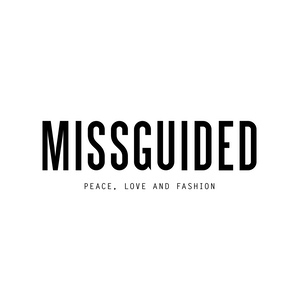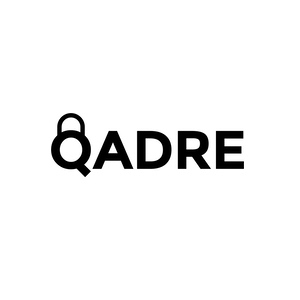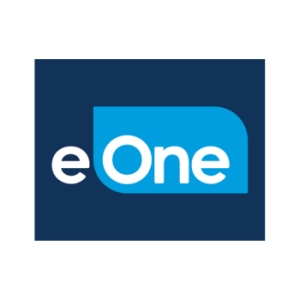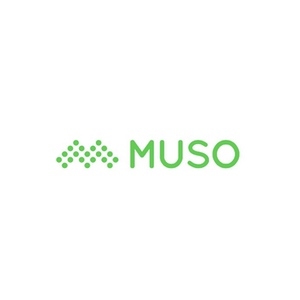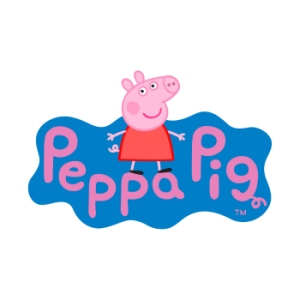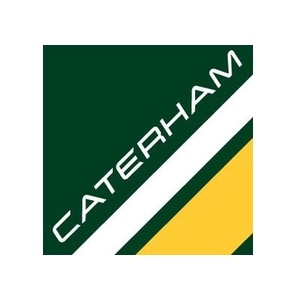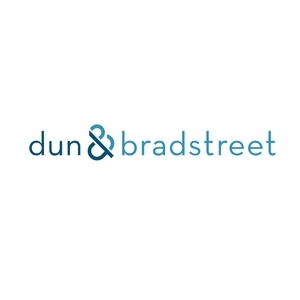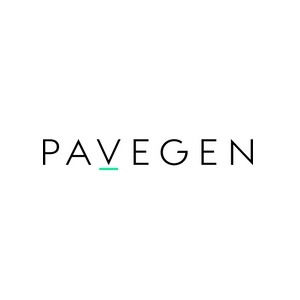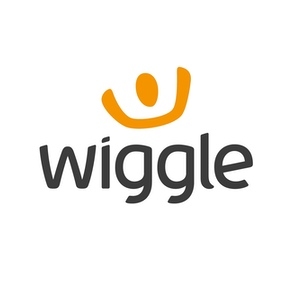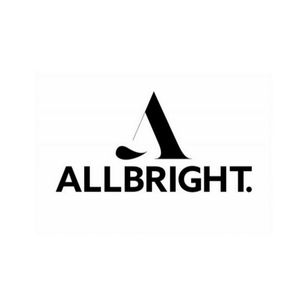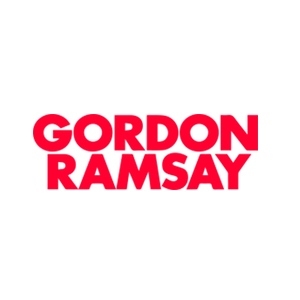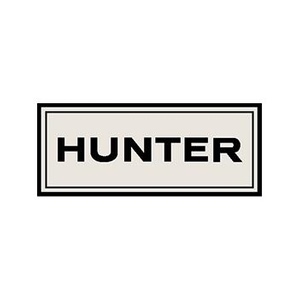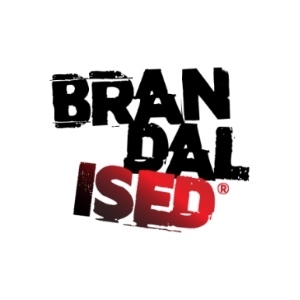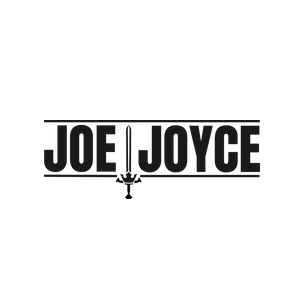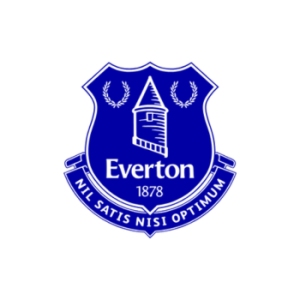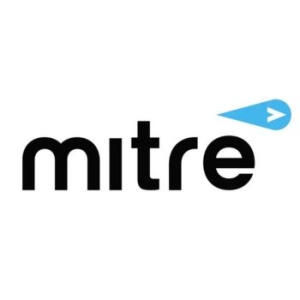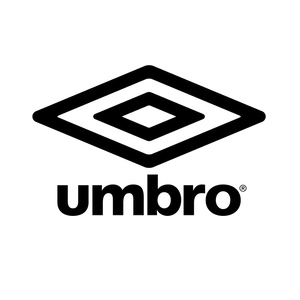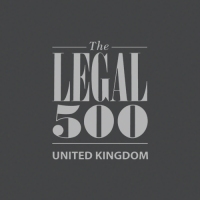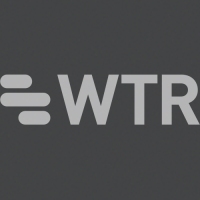Search-a-brandPowered by BRANDSMITHS
Search-a-brand assists you in researching, choosing and building a brand for your company, service or product. Try it out and search with the intended name!
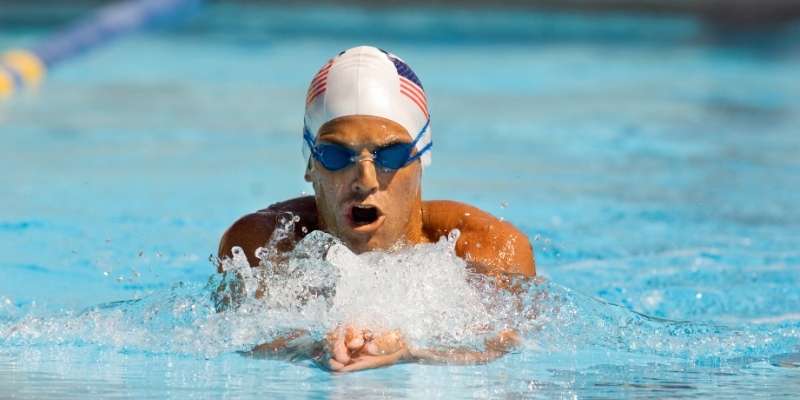
HOW CAN ATHLETES MONETISE THEIR OLYMPIC SUCCESS?
Author: Joe Mansfield, Maxime Van Den Dijssel
A guide for navigating through opportunities for partnerships and brand endorsement agreements.
The 2024 Olympic Games closed with 131 British athletes across 18 different sports enjoying podium success in Paris. In light of Team GB’s notable medal tally, many British athletes have returned home to newfound fame and commercial opportunity.
As social media is the principal advertising medium of today, brand endorsements are a lucrative branding strategy for both athletes and brands. Brand endorsements allow companies to engage talent such as celebrities, athletes and influencers to perform certain ambassadorial services to advertise and promote their brand and/or products. The endorsement of successful Olympic athletes is persuasive and can result in both parties prospering financially and reputationally.
While Olympic athletes may hope to enter profitable endorsement agreements swiftly upon their return, it’s important to understand the key provisions of a brand endorsement agreement to ensure they are appropriately remunerated for their work and are able to adequately protect their image.
This article intends to provide a brief overview of the essential terms of brand endorsement agreements including those relating to payment and deliverables, usage rights, termination, disrepute and exclusivity.
Payment Terms and Deliverables
Payment terms are a key term of any brand endorsement agreement as they determine how much and when an athlete will be paid for their endorsement. Athletes should be aware that most brands will prefer to pay their athletes once the deliverables are executed – for example, payment upon the athlete attending all agreed promotional events or after they have posted the agreed number of social media advertisements. In order to provide the athlete with a level of security that they will be duly paid for their services, it is always advisable to request at least partial payment upfront. For example, by requesting that a portion of the fee is paid upon signature of the agreement.
In addition to the above, it is also common for brands to favour subjective payment terms such as payment upon the deliverables being executed to the brand’s satisfaction. When entering brand endorsement agreements, athletes should avoid payment terms which are arbitrary or subjective and should push for those where payment has greater certainty. For example, payment of the fee should not be subject to the deliverables being performed to the satisfaction of the brand. As this is an extremely subjective term, the athlete runs the risk that the brand will withhold payment once all the deliverables have already been performed under the guise that they were not provided at a desired level. In order to provide certainty of payment, it is advisable to remove any subjective language and tie the brand’s payment obligations to specific dates.
The fee for the engagement will naturally be linked to the deliverables of the brand endorsement. It is therefore imperative to ensure the contract reflects what was commercially agreed. The deliverables should be clearly and carefully worded. For example, the agreement should contain a specific list of all social media deliverables, what type of content will be posted on each platform (i.e. Instagram grid post, Tik Tok video, 2-3 Instagram story fames) and when such content will be posted. If the contractual language is vague, the athlete runs the risk that the brand will request additional content without raising the overall fee for the engagement. In all of the foregoing, athletes can put themselves in a more contractually competitive position by ensuring the payment terms and deliverables of the engagement are clearly and carefully worded.
Usage Rights
Usage rights stipulate when, where and for how long a brand can use a talent’s content / image and likeness in the market. From a brand endorsement perspective, an athlete’s number one commodity is the use of their image. Due to the lucrative but intervallic nature of the Olympics, it is imperative that athletes capitalise on endorsement agreements when they can while controlling the duration for which their content is used. Many brands will hope to retain permission to use and promote the athlete’s content following the expiration of the term of the agreement. Consequently, athletes may suffer monetarily while brands continue to capitalise on their content.
An athlete can control usage of their content by (1) agreeing to a media plan with the brand before finalising the endorsement agreement (2) ensuring the brand promotes their content only on their owned and branded social media channels or other pre-agreed platforms to safeguard against any unauthorised use and (3) specifying the duration for which the brand can use their content by limiting it to the term of the agreement, and (4) making sure any use of the athlete’s image is subject to the athlete’s prior approval. It is further advisable to agree any paid spend that the brand is able to put behind any social media deliverables. The scope of these measures will be negotiated and may require the athlete to concede to some of the brand’s conditions. The athlete may however be able to leverage expanded usage rights to negotiate a higher fee for the brand endorsement. In any event, the athlete should always prioritise their usage rights and ensure that their content is not being exploited freely.
Termination
Termination clauses are often the cause of most contractual disputes as they specify the express grounds on which a brand endorsement agreement can be brought to an end and what happens once such termination takes place. The consequences of a poorly drafted termination clause can be catastrophic and it is essential that an athlete fully understands their path to exit. When negotiating termination clauses, the athlete should ensure that they can always terminate a contract for: (1) breach of contract by the brand, (2) insolvency of the brand and (3) if the brand is brought into disrepute.
Brand endorsement agreements will further specify what happens once the agreement is terminated. From an athlete perspective, priority should always be to ensure that they are paid for the services duly provided up until the date of termination. For example, by including language which provides that a pro-rata portion of the fees shall become due and payable on termination. It is further significant to restrict the use of the athlete’s image and any content upon termination. If the athlete terminates the brand endorsement agreement for cause, the athlete should be able to request that all use of the content and of the athlete’s image be ceased.
Disrepute
Where an athlete or brand behaves in a way that may damage the others’ reputation, that party can be said to be bringing the other into disrepute. In the context of endorsement agreements, social media can present a reputational minefield for the contracting parties. It is, therefore, common for brands to put disrepute clauses into their brand endorsement agreements. A disrepute clause will allow the brand (or the athlete) to terminate the agreement if a party conducts themselves in a manner that brings the other into disrepute. Disrepute is a fairly broad and subjective term, accordingly if a brand requests the insertion of a disrepute clause it is always advisable to narrow down the scope as much as possible. By way of example, the clause could be limited to “widespread public disrepute” rather than disrepute more generally.
It is further imperative that the athlete is aware of the scope of any disrepute clause and moreover is aware of the type of conduct which may bring the brand into disrepute. Equally however, it is important to recognise that both the brand and the athlete should be able to protect themselves where the conduct of the other brings them into disrepute. If the brand suddenly becomes embroiled in a widespread public scandal, the athlete should be able to terminate the engagement as continuing it will likely impact the reputation of the athlete more generally.
To avoid any contractual disputes regarding disrepute clauses, clear contractual guidelines clarifying the boundaries for behaviour which may constitute disrepute must be established.
Exclusivity
Generally, a brand will want some level of exclusivity to restrict an athlete from promoting or using similar products from competitor brands. Wearing Nike running spikes with Adidas socks could, for example, be an expensive wardrobe malfunction in the world of endorsement exclusivity. To avoid such discrepancies, it is usual for a brand to provide an athlete with a list of competitors outlining the scope of their exclusivity. However, a brand will often use contractual language such as “including but not limited to” to keep their exclusivity open ended.
Prior to entering an endorsement agreement, an athlete should seek clarity on brands they are restricted from working with as well as the duration for which those restrictions will be in place. More generally, it is fundamental to understand the commercial implications of entering an agreement which may hinder the athlete’s earning potential elsewhere. During negotiations, an athlete should aim to keep the list of competitors narrow but clearly outlined within the agreement. It is further advisable to limit the scope of such exclusively to a defined period or to specific engagements (for example, no paid promotions with competitors). Ultimately, the athlete will need to balance the benefits of entering the endorsement agreement against the restrictions which they will inevitably have to concede on.
Conclusion
Brand endorsement agreements offer Olympic athletes the opportunity to capitalise on the most lucrative period in their careers. For GB athletes who competed this summer at the Paris Olympic and Paralympic Games, brand endorsements are a deserving product of their success. To ensure that athletes profit from such agreements and are not exploited for their newfound fame, it is important that they have a clear understanding of the foundational clauses of every brand endorsement agreement.
If you have any queries about brand endorsement agreements post-Olympic and Paralympic Games, please feel free to get in touch with us at Brandsmiths.
Brandsmiths is a trading name of Brandsmiths S.L. Limited which is authorised by the Solicitors Regulatory Authority, SRA No: 620298. Founding Partner: Adam Morallee
Privacy and Cookie Policy | Terms and Conditions | Complaint Procedure | Site by: Elate Global
